Words of wisdom and miscellaneous facts by Dr. Wysong and others.
This is an accumulation over several decades and the accuracy cannot be attested to.
Wysong vs Nemos Bible Debate
COSMOLOGY LIES AS BIG AS THE UNIVERSE
⬇️ Click to scroll down to article
"We'll know our disinformation program is complete when everything the American public believes is false."
—William Casey CIA director 1981
The bigger the lie the greater its acceptance because people cannot believe authority figures would ignore reality.
To find truth we must hate the lie more than love accepted beliefs.
Fraud vitiates everything it touches. (common law maxim) Nudd v. Burrows (1875) 91 U.S. 416.
Fraud destroys the validity of everything into which it enters. Boyce's Executors v. Grundy (1830) 28 U.S. 210.
Fraud vitiates the most solemn contracts, documents and even judgments. United States v. Throckmorton (1878) 98 JU.S. 61.70.
FORWARD
The accepted cosmogony/cosmology (origin and nature of the universe) belief is:
—William Casey CIA director 1981
The bigger the lie the greater its acceptance because people cannot believe authority figures would ignore reality.
To find truth we must hate the lie more than love accepted beliefs.
Fraud vitiates everything it touches. (common law maxim) Nudd v. Burrows (1875) 91 U.S. 416.
Fraud destroys the validity of everything into which it enters. Boyce's Executors v. Grundy (1830) 28 U.S. 210.
Fraud vitiates the most solemn contracts, documents and even judgments. United States v. Throckmorton (1878) 98 JU.S. 61.70.
FORWARD
The accepted cosmogony/cosmology (origin and nature of the universe) belief is:
A Big Bang of nothing created an infinite meaningless universe containing atomic dust that gravitationally accreted into heavenly bodies including our Earthball moving in several different directions at 2.8 million mph and holding an atmosphere next to the vacuum of space while spontaneously forming life from primeval sludge that then evolved into complicated rocks called humans with no free will.
Long ago it became clear to me that the materialistic evolutionary part of that credo was false.
But I was on board with the cosmology part. After all, we see rocket ships going to and fro, there is a "Space Force," pictures of Earth and planets abound, astronauts float around and in the International Space Station, thousands of people and billions of dollars support it, and, of course, "all" the experts believe.
To question this is to be a conspiracy theorist, misinformationist, or even a lunatic. Oh my, we must, after all, follow the crowd.
The idea that we are being lied to about space didn't even enter my mind until a few months ago when what was left of my naive and trusting innocence had been totally demolished with the COVID-19 fraud.
We, the crowd, extend our trust to institutions charged with looking after our interests. But government, Big Medicine, education, media, industry, Big Tech, science, and NASA chase money, their own security, and even power over us.
That should not inspire confidence in beliefs they create, promote, protect with censorship, and even demand acceptance of.
If we want truth, we have to find it ourselves. To do that requires the opposite of trusting in others. It means sleuthing what the powers that be try to hide from us in internet archives, banned videos, censored "disinformation," and what "fact checkers" say isn't so.
Probing into the subject I was stunned to learn that:
That means unproven beliefs, stories, and even fakery are being passed off as science and truth.
This subject may seem inconsequential to everyday life. But that's only true if we aren't being lied to about it. If the truth is being hidden from us, we can be sure of one thing, it's not being done for our benefit.
Truth seekers learn that the scale and ostentatiousness of lies being fed to us means nothing can be tacitly trusted.
Everything of importance from government, media, industry, medicine, education, economics, science, history, religion, and popular society must be assumed to be false unless we prove otherwise by doing our homework and thinking critically.
This series will provide wake-up information to help you discover lies as big as the universe.
But I was on board with the cosmology part. After all, we see rocket ships going to and fro, there is a "Space Force," pictures of Earth and planets abound, astronauts float around and in the International Space Station, thousands of people and billions of dollars support it, and, of course, "all" the experts believe.
To question this is to be a conspiracy theorist, misinformationist, or even a lunatic. Oh my, we must, after all, follow the crowd.
The idea that we are being lied to about space didn't even enter my mind until a few months ago when what was left of my naive and trusting innocence had been totally demolished with the COVID-19 fraud.
We, the crowd, extend our trust to institutions charged with looking after our interests. But government, Big Medicine, education, media, industry, Big Tech, science, and NASA chase money, their own security, and even power over us.
That should not inspire confidence in beliefs they create, promote, protect with censorship, and even demand acceptance of.
If we want truth, we have to find it ourselves. To do that requires the opposite of trusting in others. It means sleuthing what the powers that be try to hide from us in internet archives, banned videos, censored "disinformation," and what "fact checkers" say isn't so.
Probing into the subject I was stunned to learn that:
| Nobody, including any scientist, can prove any aspect of the approved cosmogony/cosmology belief using experimentation and the scientific method. |
That means unproven beliefs, stories, and even fakery are being passed off as science and truth.
This subject may seem inconsequential to everyday life. But that's only true if we aren't being lied to about it. If the truth is being hidden from us, we can be sure of one thing, it's not being done for our benefit.
Truth seekers learn that the scale and ostentatiousness of lies being fed to us means nothing can be tacitly trusted.
Everything of importance from government, media, industry, medicine, education, economics, science, history, religion, and popular society must be assumed to be false unless we prove otherwise by doing our homework and thinking critically.
This series will provide wake-up information to help you discover lies as big as the universe.
"We'll know our disinformation program is complete when everything the American public believes is false."—William Casey CIA director 1981
"We know they are lying, they know they are lying, they know we know they are lying, we know they know we know they are lying, but they are still lying."—Aleksandr Solzhenitsyn
"We know they are lying, they know they are lying, they know we know they are lying, we know they know we know they are lying, but they are still lying."—Aleksandr Solzhenitsyn
|
11/22/2019
Click to enlarge, Ctrl + to enlarge further; Ctrl 0 to return to 100%
Business, work, and the flow of money they create are the lifeblood of society. A person in the wild must work hard constantly in order to survive. There is no choice. Although modern economics permits some to do no work and yet bathe in the lap of luxury, we cannot forget our roots and the fact that it is not natural to get something for nothing. Society can remain viable only if honest work and pay are exchanged. Unfortunately, it is a common inclination to be lazy, to want to return to the nest where moms and dads provide our every need and our most important responsibility is to have fun.
Socialism feeds these desires, leading people to believe they have every right to expect to have a mommy and daddy forever. That leads to feeling entitled to government, wage, and benefit handouts. A handout is something for nothing. That may be fine in philanthropy, but business and work are hard reality, not philanthropy. Reality is cause and effect. It is a false reality when an effect, money, comes without its proper antecedent cause, productive work. Our country is clearly sliding into the false economics of socialism. I say this not as an outside observer, but from a lifetime of experience. So that you do not feel that the perspective I relate is skewed, here is my work resume. Beginning in gradeschool, I delivered newspapers, sold ice cream (where a lesson was learned about eating profits), mowed lawns, and sold little hot pads (my siblings and I made) door-to-door. In my teen years I moved on to farm work, construction labor, retail clerking, union factory production line assembly, chemical process operation, and laboratory work. As an adult I have experienced every aspect of small business operations, inventing, teaching, building, medicine and surgery, and, obviously, writing. From this vantage point, and looking at work as if thinking matters, it seems clear to me that the primary danger to society is the something-for-nothing attitude that is swelling in the ranks, the sentiment that business is the enemy, and work is what we can get away with. Certainly there can be irresponsibility by business owners. But businesses cannot survive long in this fashion since they have no benefits and entitlements. There is no business unemployment, no paid vacation, and no retirement. A business cannot quit today and find another job tomorrow. Business must face the reality of producing something real and of value day in and day out, and do so with the resources available, or they die. Business must face the cold, hard, economic reality that something does not come from nothing. Many politicians attempt to convince the public that they can give them something for nothing. To buy votes, they promise worker's rights, guarantees, and entitlements. Unions do similarly. Both effectively deny that employees are in fact businesses selling their product, labor. As such, workers should have to face the same hard economic realities as any business—either produce a worthy product, or risk survival. When work is seen in the hard light of this reality, we become more productive, creative, and take responsibility. That attitude, in turn, can result in not only security, but a sense of worth that can only come from seeing work as a friend. Standing in the way of the friendship between work and worker, and a sustainable economy, are artificial structures that create an attitude of entitlement. Consider, for example, the false logic of unions. What if all grocery stores got together and decided how to price our food? How about if they decided to only be open from 9:00 until noon, or shorten their open days to only three a week? What if all automobile manufacturers, gasoline stations, clothing stores, utilities, and restaurants did the same? Why, that would be an outrage. There are monopoly and fair trade laws that expressly forbid such rigging. By colluding, they remove competition and free enterprise—and with that our opportunity to make choices. Are not unions de facto monopolies? When employees get together and fix a wage, benefits, hours and forbid firings under threat of strike, they remove the employer from a freely competitive manpower marketplace. An employee's services are no different than a product. Workers should be able to market services to the highest bidder (called a job search) just like a company should be able to sell its product for the highest price it can, and buy its supplies (including human services) at the lowest cost. Just as a consumer has the right to not buy a product if they feel it is priced too high, a company (consumer of human services) should not have to purchase an employee's time if they feel the price is too high or the employee's work product is not satisfactory. An employee—or union, or government—does not have a right to force an employer to pay certain wages or benefits any more than an employer can force customers to purchase products they don't want at a price they don't want. By interfering with the free enterprise labor process, unions can force employers out of competition. When that happens, employees kick the legs out from under their own chairs.
Some may argue that if unions weren't around, there would be worker abuse. That fear is a carryover from the early days of the Industrial Revolution when there were few industrial jobs compared to the spate of immigrants. Companies cannot now underpay or abuse workers, not only because there are laws preventing such, but also because that is not how companies can keep good employees. Employees are also free to leave and go to another employer if they are unhappy or feel their services are worth more. If an employer is foolish enough to abuse good employees and under-reward them, they will be spelling their own demise.
The effect of unions (or socialistic government) on personal initiative can also be counterproductive. If a person feels that once they are a part of a union that they can then thumb their nose at the company and work at a mediocre pace, a basic human need is unfulfilled. I once worked in a unionized factory on my way through school. If I worked hard or fast I was firmly pressured by my comrades not to "kill the job." Tokenism was the modus operandi. The unwritten rule was to stretch things out and maintain a lower performance standard so there wasn't increased pressure on fellow workers. On the other hand, those who could find a place to hide and take a nap were considered clever, cute, sort of heroes for sticking it to the 'evil' company. Not one of my clever coworkers would ever tolerate such behavior when their money was at stake. Not one would go to a hair solon, sit in the chair, be draped, and then pay a stylist who clipped a section of hair, then went into a back room and read a magazine until closing time. Yet workers who do essentially the same thing at their jobs fully expect to be paid. No economy can survive if ambition, creativity, initiative, drive, and competition are suppressed. Guaranteed rewards for mediocre work deny a basic human need for creativity, ambition, and pride. Although an employee may be temporarily financially advantaged and secured by guarantees, it is counterproductive. The thing sought in order to have a happy and full life—a guarantee—is the very thing that will eventually deny a happy and full life.
Socialism and unions create a lot of fuss, great anticipation of benefit, but net a zero—if not negative—balance. For example, if all companies across the country were forced to increase pay, there would be no net gain to employees. Companies must create the additional revenue for the higher wages by increasing the price of products the employees and their families must in turn buy. In effect, this then offsets the buying power of the increased wage. Net result? No gain for employees.
This is the same ultimate result from government interceding like a union and increasing minimum wage. Companies do not create wage money out of thin air or have a bottomless vault they can just dip into whenever needed. Raising the minimum wage sounds good on a political platform, but when companies proportionately increase the cost of their goods or services to pay the increased wages, the buying power of employees is reduced by the same amount their wages were increased. The net effect is votes for socialist demagogues, and that's about it. The socialistic attempt to level the playing field denies the hills and valleys in the field. There will always be inequities. That's okay as long as there remains opportunity. Life is not about guarantees; it's about challenges. If a person is not making enough money, enough stuff is not filling their garage, or they don't have enough days off, then they have the freedom to change that. Employers are not the problem. In a free society, individuals are their own problem. For greater rewards, all that is necessary is harder and smarter work. If that does not do it, then find a job where it does. Another option is to start a business, hire employees, and prove they can be treated, benefited, and rewarded better. We are entering a world economy where there will be many job casualties. Being out of work can be a disastrous life experience and can take a toll on physical and mental well-being. It will be an increasing challenge to keep a job as companies are pressured to justify every paycheck in order to stay competitive in a world market. To remain valuable, workers will need to shift their attitude from one of entitlement broker, to that of vendor. Workers must understand that they are in the business of selling their services. Like any business, they must make their service valuable, important, and in a constant state of improvement. Otherwise, who will want to buy them?
If out of work, make finding a job the job. Don't study about how to create an inflated resume or deceive in an interview. Be honest, be yourself, and give a clear picture of your ambition, abilities, and shortcomings. Employment is like marriage. Unless a real ugly relationship and a divorce are desired, be straight up front.
Develop a skill. If you don't have one, make ambition, honesty, and energy your skill. If that doesn't work, try this: Tell a prospective employer you are willing to work for free for a time to prove yourself. Why not? What's the difference between that and going to school? School is work without pay; in fact it's work that the employee (student) must pay for. Any new job is like school for a time anyway. So why should an employer, someone who can create income for you (a school doesn't), pay employees to learn if a school doesn't? We should be thankful if a new employer does not charge for the training. If such an offer is made to a new employer, you will certainly have their attention and a good shot at an opportunity. If that doesn't work, pester them. Pestering tells them you are not ordinary and are determined. That's what employers need and can't find.
When you land the job, give it your all; don't stop looking for work just because you found a job. Don't settle in or ponder workers' rights. Politics may be waxing socialistic, unions may preach rights, but there are no such things as guarantees in the business world. Work hard, don't measure work or hold back. Think about what can be done to help the company compete and survive, not about how little can be done for the most wages and benefits.
As I write this and observe two of my children laboring over college coursework as they live at home, I am reminded of the remarkable paradox between school and work. Students diligently go to class during the day and then come home and continue to work evenings and weekends. They work with urgency, meet deadlines, and stay up into the night. To do all this work they pay thousands of dollars for tuition and books. All they receive in return is a report card. In contrast, many graduates will land a job and expect that job to pay for their entire life and yet would never think of doing homework, sacrificing a break, exceeding deadlines, not having to be reminded, or going above and beyond the minimums of a job description. School is seen as a rite of passage, a ticket to high wages and benefits. In fact, it is only the beginning, just a key to open the door to where real work begins. Considering that only 40 out of the 168 hours in a week are spent on the job, and that 40 hours must support the whole 168, with the prevailing attitude of entitlement it's a wonder how any employer survives. The key to job success is to think supererogation—give more than expected. Ask for increased responsibilities. Bring jobs to completion quickly even if unpaid time is necessary. If there is free time on the job, clean, organize, repair, help others, and learn skills that will increase your usefulness to the employer. Do these things because of pride, to be a shining star in the workplace, a great model for others to follow, and to be indispensable. Take pride in the workday by doing the best that can be done even if you think it may be of more value than what the wage might be. If you deserve a raise, don't read a book on how to ask for one, make it crystal clear by performance that it is deserved. Time does not create a reason for a raise; increased performance that brings increased value to the company does. Make yourself invaluable by creating more than you earn and most employers will reward accordingly if they are capable. Keeping a job is about respect. Respect for self and for the employer. The way to show that respect is to be diligent, honest, work hard, and make supererogation a word taken to heart and applied every day. Such qualities are so rare that those who possess them have the best job security there can be. Why? Because these qualities are almost impossible to find. Instead, employers have to struggle to keep workers on task and prevent the ruination of their businesses. As an employer in a small business I have experienced many fine and good hearted fellow workers, but also things I could have never imagined. In one case we had developed a device that would require assembly when the customer received it. So we decided to make an instruction video. The person put to this task decided to do it after hours and add a little flair to the film. So he set the camera up to film himself as he threw in a bunch of crazy antics including shedding all his clothes. He then sent the video to a female customer. Another employee was tasked to take a load of recycling to the recycling center and instead took it home, burned it in his yard, and used the time to plow his driveway with the company truck. A salesman who assured us of his good Christian character developed his own brand of a competing product, copying verbatim our literature and labels, while still on our payroll. A trusted employee was allowed to use a company residence with his father. They then proceeded to get into a bloody drunken brawl and trash the home. A burly large male employee tried for a legal heyday by claiming that horseplay among the guys was sexual harassment because one of them touched him. Two employees had a regular affair in the bathroom. Several have spent time on the Internet with dating services, their own Internet businesses, and on porno sites. Occasionally there are those who, once hired, feel they have a right to all company property. They simply help themselves to money, products, tools and equipment. Most of these folks have moved on, but how they will ever make a living is a mystery.
In this age of downsizing, outsourcing, and bankruptcy, guaranteed job security has become a thing of the past. It is a difficult and tragic circumstance to be looking for work in our middle or later years. On the other hand, we must empathize as well with owners and managers who must contend with the things they do from unscrupulous workers, as well as make hard, life-altering decisions by releasing employees in order to keep a business viable.
On the bright side, there is no lack of jobs. But there is a lack of people who dig in with all they have once they find a job. Not just for a 30-day spurt during a probationary period, but for the duration. The problem for many is that hard work builds a future; laziness pays off now. Work is one of life's best friends. Treat it well and it will return the favor. But the usual thinking is that work is just a necessary burden. Let's rethink that a bit. Isn't it through work that money is created that permits all the comforts, security, and many of the circumstances for joy and leisure in life? Why think negatively of something that brings so much, even survival itself? The reason in large part lies in the fact that we're independent creatures. Work can obligate us and give the feeling that we are not in control and that we are victims of the selfish interests of others. Whether real or imagined, that view of work can make life very unpleasant and even take a toll on mental and physical well-being. If the money reward is the only objective at work, that creates a duty-bound misery. This brings to mind a personal experience. While going through school, I worked in a large industry that paid and benefited generously. But the prevailing attitude was that the company owes everyone, never does enough, is unfair, and on and on. People weren't quitting, though. They knew they could never get similar compensation elsewhere, so they would stay and then moan and plod through the motions of work. They were prisoners bound by golden handcuffs. There was also an 'us versus them' tension that cast a negative gloom over the entire workplace. This was, in part, fed by the socialism imposed upon the employer through unions and government regulations that created a sense of entitlement in workers. Socialistic politicians and media are also always on the ready to feed the ever present desire of workers to think of themselves as victims. Since business was supposedly only about money, the 'company,' and those in management who made the most money were looked upon with envy and viewed as the enemy. Once such propaganda sets in, it swells like yeast to infest and overcome workers so that they think in terms of what they should get and demand, not what they should be giving. But giving is better than receiving. This is a life rule that does not switch off when a person punches in at work. To go to work with a 'what's in it for me' attitude turns a person into a ghost looking for a body to inhabit. Any job can be like licking stamps all day long or flunking high school over and over. It's up to us. Work occupies a majority of the active life of everyone. It would be a shame to waste so much of life in an activity that brings dread rather than hope, optimism, fulfillment, and fun. When you love what you do, you're alive. (Jobs.com) Work should be more like a hobby than a sentence. It should be a cycle of perpetual challenge and fulfillment, like being on a treadmill where as soon as you get to the end of it you begin again. Ambition at work should be like love, intolerant of delays, distractions, and rivals. The solution to work doldrums primarily lies with the employee. The enjoyment we derive from an activity has everything to do with our attitude toward the activity, not the activity itself. Work must be approached as if we mean it, as a challenge to do our very best so that we can walk away feeling a sense of pride. Challenge and accomplishment is never the path of least resistance. We should not work like a horse just when the boss is riding us. We can't hold back and be like the person who, upon hearing that work never killed anyone, said he was not going to take the risk. We are creative beings and if we do not exercise that creativity we are miserable regardless of the wages and benefits we may receive. Work is the perfect place for creative release. One should never go to work without an objective for the day. There is always opportunity to improve, increase efficiency, save costs, and enhance quality. The self-respect that comes from achieving a goal is the best pay of all. Anyone can be a millionaire at that. Working hard and doing well at something is the only way to make good things happen in life. A good result at work brings a feeling of honesty and worth. These are essential psychological nutrients we all need every day. If a person permits time to pass without them, he will suffer a malnourishment that turns life itself rancid. Nobody can feel good about himself or herself knowing that they are, in effect, stealing wages. If fulfillment and happiness are not part of work life, things won't change for the better upon retirement. Health fails and life is shortened in a retirement where nothing productive lies ahead for each day. People, money, and dreams will fail us in life. Work, on the other hand, can be a lifelong companion, one that will never let us down if we put ourselves in control by working hard and like we mean it. It can, for as long as we permit, bring a sense of worth, purpose, and meaning if we treat it like the good and loyal friend it can be. If you agree, disagree, have questions, or have a correction please let me know. Comment below or email me at [email protected]
Leave a Reply. Choose Any Name
Comments
|
Introduction
1. We Can Agree 2. Possibility Thinking 3. The Solver Principles 4. Our Owner's Manual 5. We Live in A Unique Time 6. Being Health Smart 7. The Illusion of Youth Health 8. The Good Old Days 9. Timing Life 10. Exercise 11. Hormones and Steroids - A Two-Edged Sword 12. The Female Hormone Problem 13. Growing Older 14. Squaring the Curve 15. Healthy Dos and Don'ts 16. The Medical Profession 17. The Greatest Threat to Health 18. Don't Surrender to Medical Care 19. But We Live Longer Today 20. Dollars Don't Make Health 21. Disease Does Not Strike Us 22. Germs Don't Cause Disease We Do 23. From Where Does Healing Come 24. The Best Food 25. Food Ethics 26. Healthy Weight 27. Healthy Eating Ideas 28. First Things First 29. Hopelessness 30. Depression 31. Memories 32. Addiction 33. Blaming the Parents 34. Surviving Tragedy 35. Touch 36. Music as Healer 37. Humor 38. Pets as Life Savers 39. Pet Keeping - A Serious Responsibility 40. The Myth of 100 Complete Pet Foods 41. Feeding Pets as Nature Intended 42. Industry vs. Earth 43. Population 44. Modernity's Deception 45. Animal Rights 46. Biophilia 47. Respect for All Life 48. Doing Good With Business 49. The Global Economy 50. The Power of Money 51. Financial Affairs 52. Work as Friend 53. Government 54. The End of Civilization 55. Freedom Is Not Equality 56. Sex 57. Being in Love 58. Marriage - The Union of Opposites 59. Divorce 60. The Family Nest 61. Having Babies 62. Children 63. The Empty Nest 64. Experience 65. Education 66. Life Is Uncertain 67. Things Mound Up 68. Murphy's Law 69. Life's Predictability 70. Finding Home 71. Learn From History 72. Shaping the Future 73. The Other Line Always Moves Faster 74. Little Things Add Up 75. Growing Up 76. Alone 77. Hope 78. Paying the Success Price 79. Change A Wonderful Thing 80. Being the Best You Can Be 81. Do Something, Something Happens 82. Change the World 83. Growing Good People 84. Words 85. Genius 86. Listen and Learn 87. Mind Over Matter 88. Looking Good 89. Protecting Yourself 90. Self Sufficiency 91. Life Is Math 92. Ethics 93. Conscience 94. The Long View 95. Being Real 96. Change 97. End and Beginning Figures |


 YouTube
YouTube Podcast
Podcast

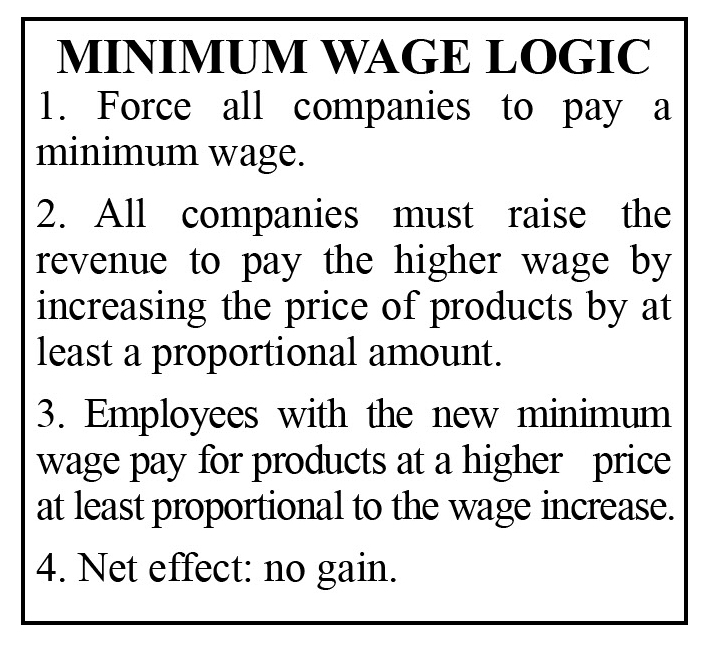
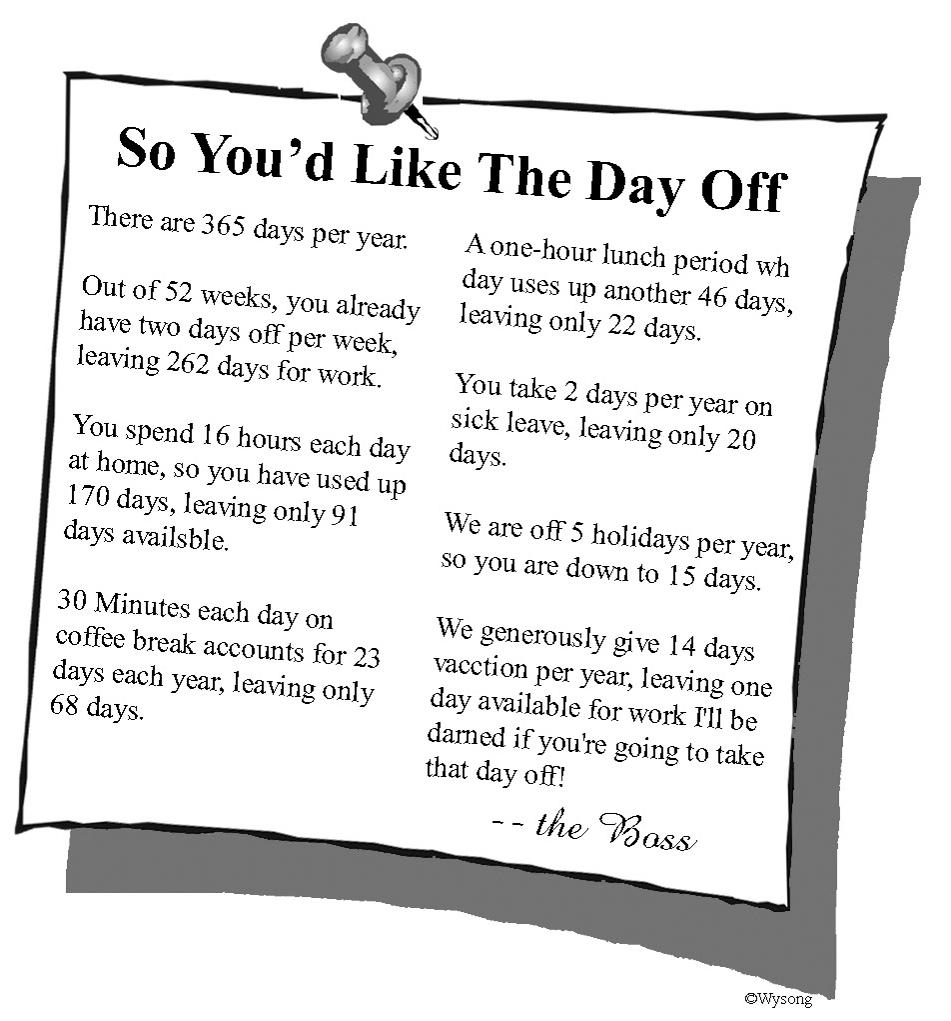
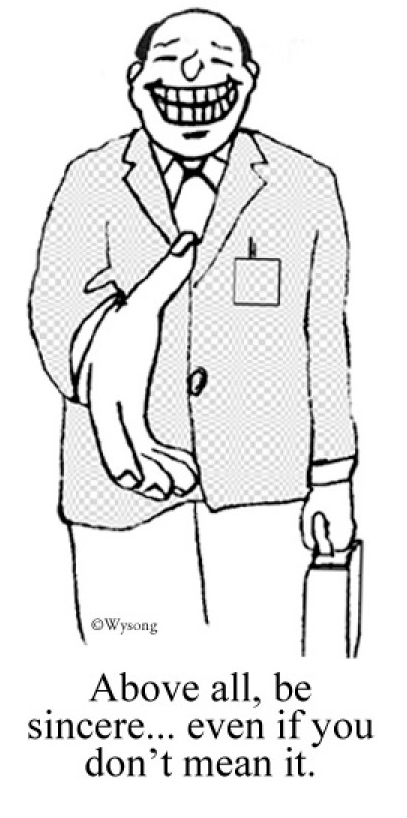
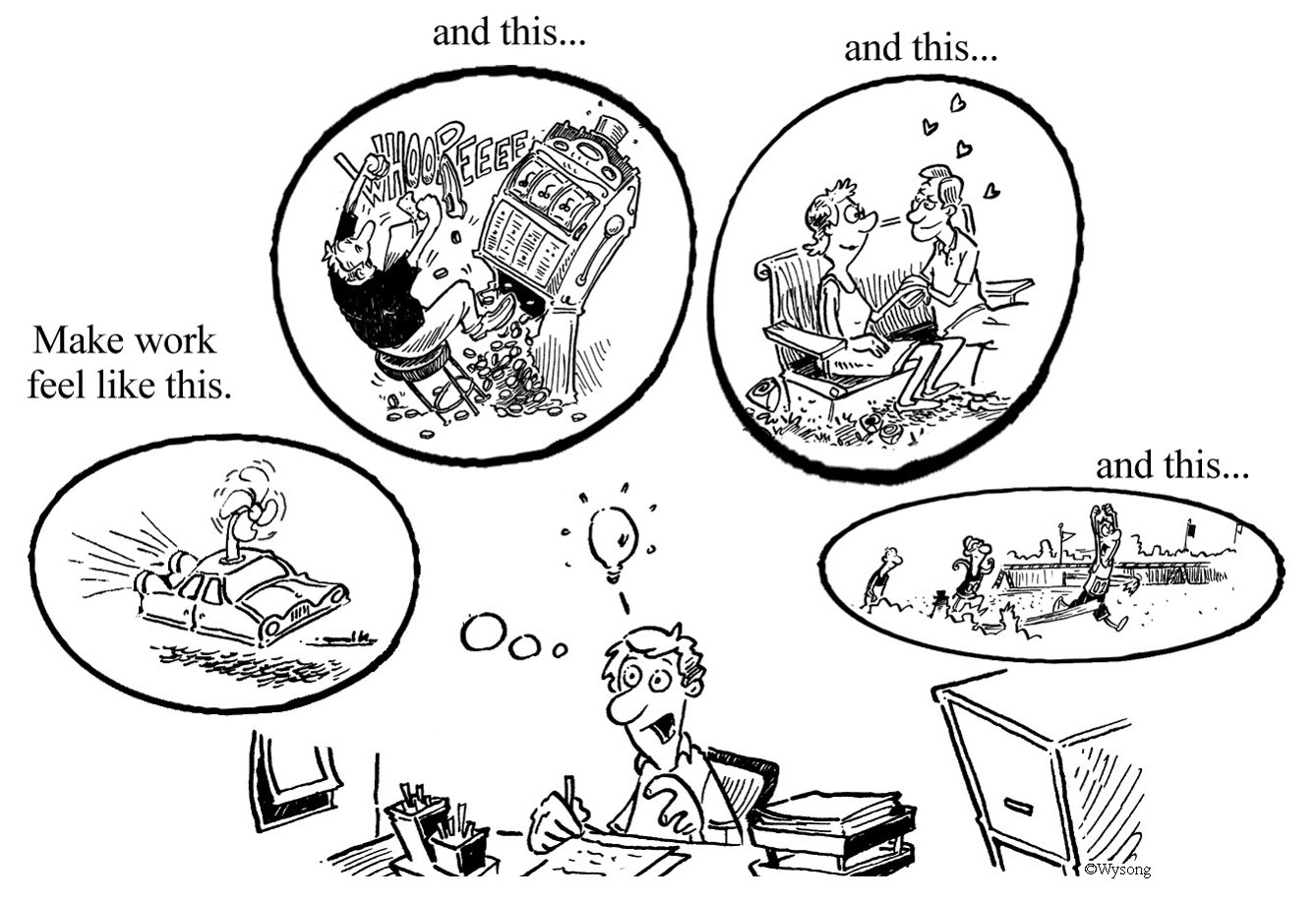
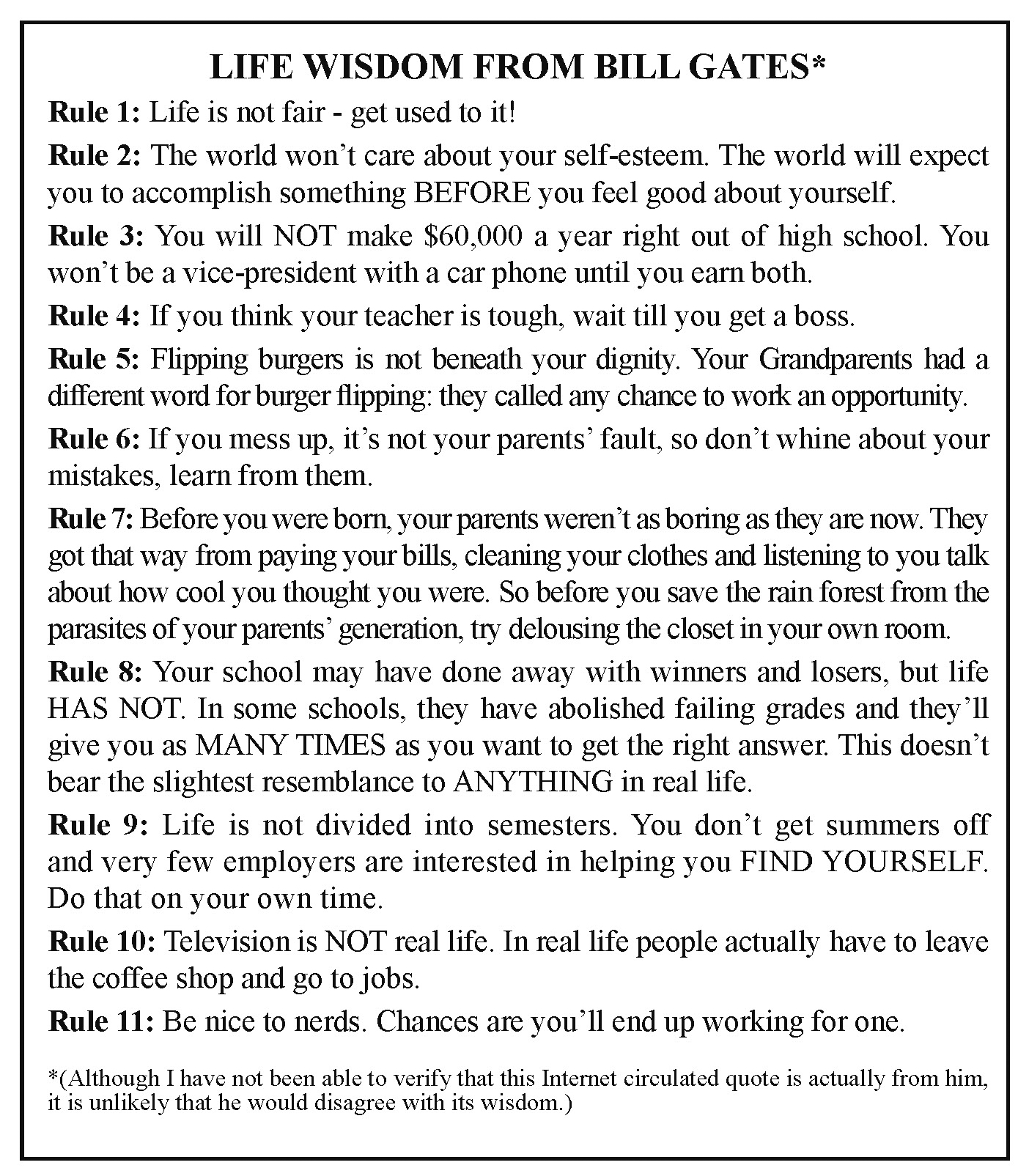
 RSS Feed
RSS Feed
 Twitter
Twitter
0 Comments